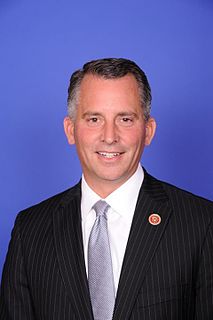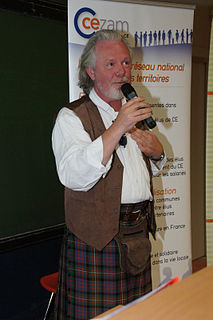A Quote by Lance Secretan
We live under the illusion that organizations are 'them' when, in reality, they are 'us.' If we wish to work in evolved organizations, we must each be the first to start the journey.
Related Quotes
I try to support any and all animal causes or organizations out there if they are good and reputable. Sadly, there are a lot of people and organizations that raise money but don't do much or don't have good intentions. I've worked with organizations such as Marine Animal Rescue in Southern California.
To be successful, it is imperative that you not only know the organizations you work with, but more specifically, you have to know the actual people you work with within these organizations, understand what their personal goals and motivations are. In short, to be successful, you need to humanize your clients.
In the face of ambiguity, uncertainty, and conflicting demands, often under great time pressure, leaders must make decisions and take effective actions to assure the survival and success of their organizations. This is how leaders add value to their organizations. They lead them to success by exercising good judgment, by making smart calls when especially difficult and complicated decisions simply must be made, and then ensuring that they are well executed.
Organizational Development: The New Christian Right of the 1980s was dominated by paper organizations that were essentially the mailing lists of a handful of politicized ministers. Such organizations were better at issuing press releases than doing the hard work of political mobilization and advocacy. By contrast, the movement of the 1990s has generated a plethora of grass-roots organizations that allocate meaningful responsibilities to individual members. The goal is to create an army of grassroots activists who know how to stimulate political change.



































